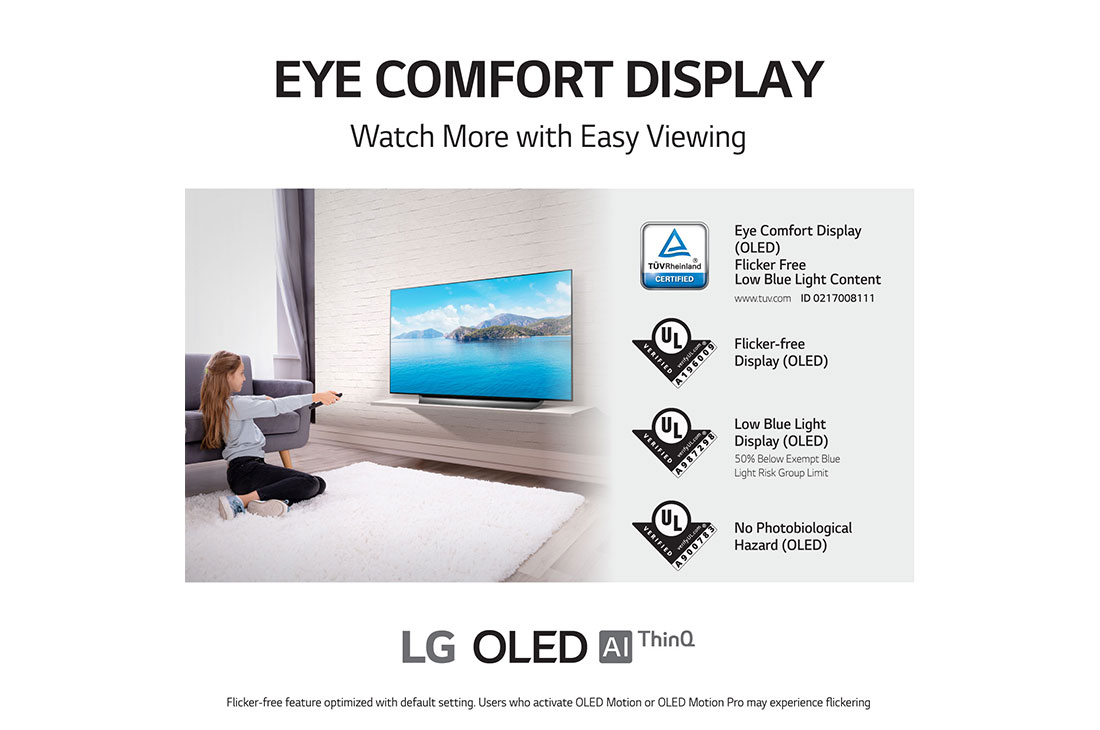Value-Based Selling for Sales
Secrets of Excellent Sales: Value-Based Selling
As a sales professional, your job is inherently about selling. However, this doesn't necessarily have to be your ultimate goal. This is where the Value-Based Selling method comes into play.
Value-Based Selling is a sales approach where the salesperson focuses on the value provided to the customer rather than on the features, characteristics, or price of the product/service. In other words, instead of stopping at explaining “WHAT” the product is, you need to go one level further to “WHAT FOR” or “what does it mean for the customer” (what benefit does the customer gain from that “WHAT”).
Example Advertisement
Smart OLED TV LG 4K 65 inch 65G1PTA
- 4K resolution
- Perfect black, high brightness
- a9 gen4 chip
- Web OS 6.0 operating system, extensive app store
As a salesman, if a 55-year-old customer comes to your electronics store and you list the 4 FEATURES above, what are the chances they will buy an OLED TV that's twice as expensive as a regular TV? Probably quite low. Let's see how a salesperson well-versed in Value-Based Selling would present it:
Value-Based Sales Pitch
For people over 50, vision gradually deteriorates, and prolonged exposure to electronic devices can cause eye strain. Thanks to its high resolution and superior brightness and black levels, the OLED TV will greatly reduce eye strain. If you have grandchildren watching cartoons, this TV is also very suitable for young children who watch cartoons up close.
Thanks to the gen4 chip, the OLED TV also saves 20% more electricity than a regular TV. Over more than two years, the savings on electricity bills will have compensated for the cost of the OLED TV. Your wife will surely appreciate such an economical decision!

In reality, you must also incorporate emotion and tailor your words to the situation, but generally, Value-Based Selling focuses on ROI (return on investment), including both measurable ROI (money, health, time, costs…) and intangible ROI (comfort, pleasure, safety…).
Of course, the desired value or ROI metric for each person/business will be different. A good salesperson needs to do their homework, research, survey, observe…to accurately address the value that the customer needs.
For example: if the 55-year-old customer drives a Rolls-Royce and you boast about your OLED TV saving electricity, you’re addressing the wrong pain point.
Similarly, selling B2B is analogous to this but requires a higher level of skill from the salesperson. Do you want to hear more about this topic?
